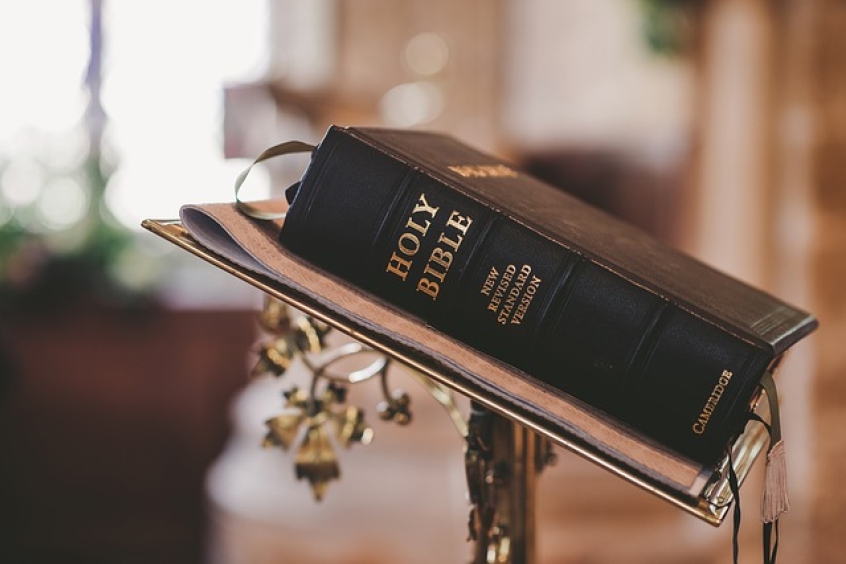
The U.S. Navy has announced that it will not be removing the Bible from the POW/MIA display at a Naval hospital in Okinawa, Japan despite complaints from a secularist organization.
The complaint, filed by the Military Religious Freedom Foundation (MRFF), contended that the presence of a Bible in the display constitutes government promotion of religion.
In response to the complaint, Rear Admiral P.D. Pearigen of Navy Medicine West in San Diego contended that the purpose of the Bible in the display was not to promote religion, "but to commemorate the strength and resolve required of POW and MIA personnel in the most difficult of times."
"Each item on the table contributes to an atmosphere of remembrance and solemnity without emphasizing the book as a religious text. In light of the foregoing, neither further review nor an investigation of this matter is necessary," the admiral stated, as reported by Christian News Network.
The Bible has traditionally been included in POW/MIA table displays since the custom started at the end of the Vietnam war.
The National League of POW/MIA Families said that the Bible's presence at the missing man tables "represents the strength gained through faith to sustain us and those lost from our country, founded as one nation under God," Christian News Network reported. The league's explanation about the inclusion of the book is printed in Japanese and English on placards that are also a part of the display.
According to Navy Live, other items included on POW/MIA tables include a black napkin representing the "emptiness these warriors have left in the hearts of their families and friends," a red rose to serve as a reminder of the families and loved ones of missing soldiers, a red ribbon symbolizing their love for the country and a yellow candle with a yellow ribbon to serve as a symbol of "everlasting hope for a joyous reunion with those yet accounted for."
The MRFF reportedly filed the complaint on behalf of 26 service members, who asked for the removal of the Bible and the placard.
The secularist group complained that the Japanese explanation on the placard amounted to evangelization.
Pearigen reportedly launched an investigation into the display following the complaint. However, the admiral suggested in his April 17 response letter that no action would be taken to change the display.
He contended that the inclusion of the Scripture, along with the other items in the display, are "consistent with DoD and DoN guidance and with the Constitution."













